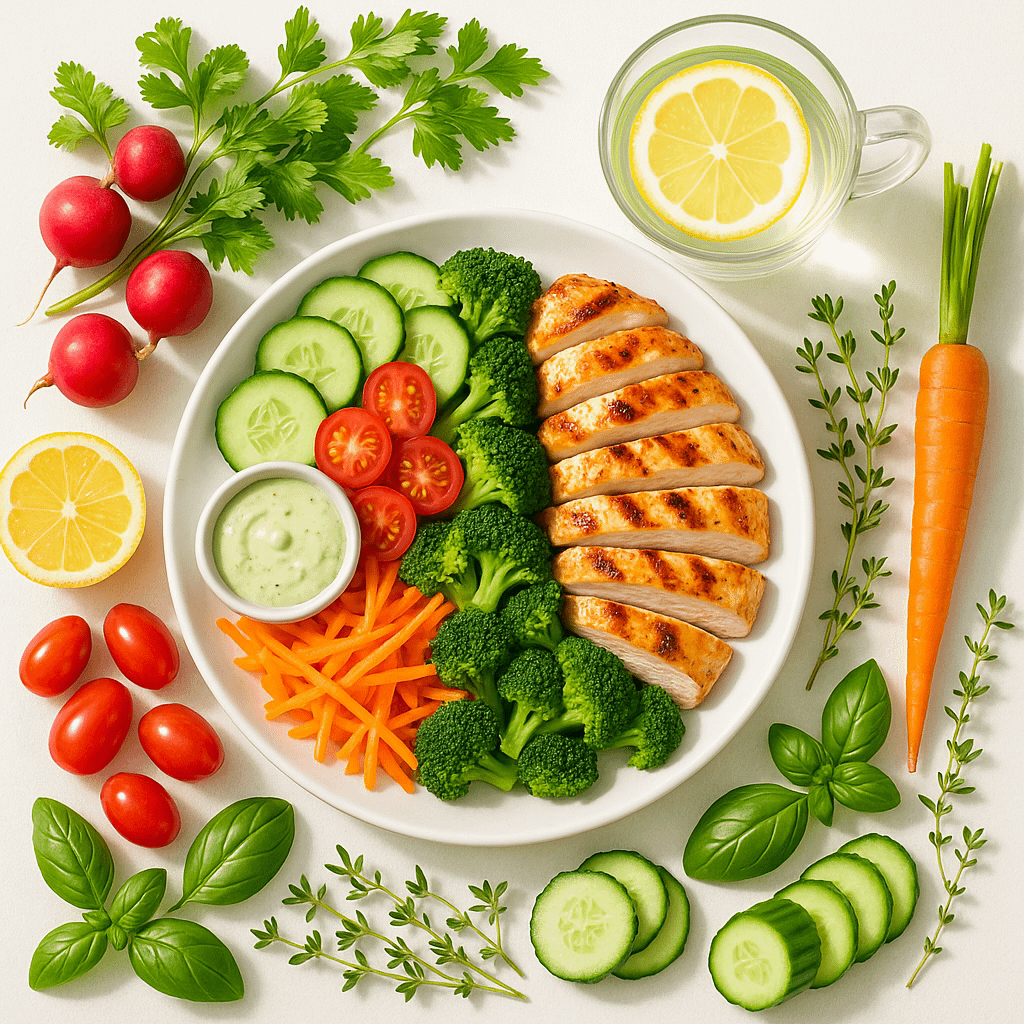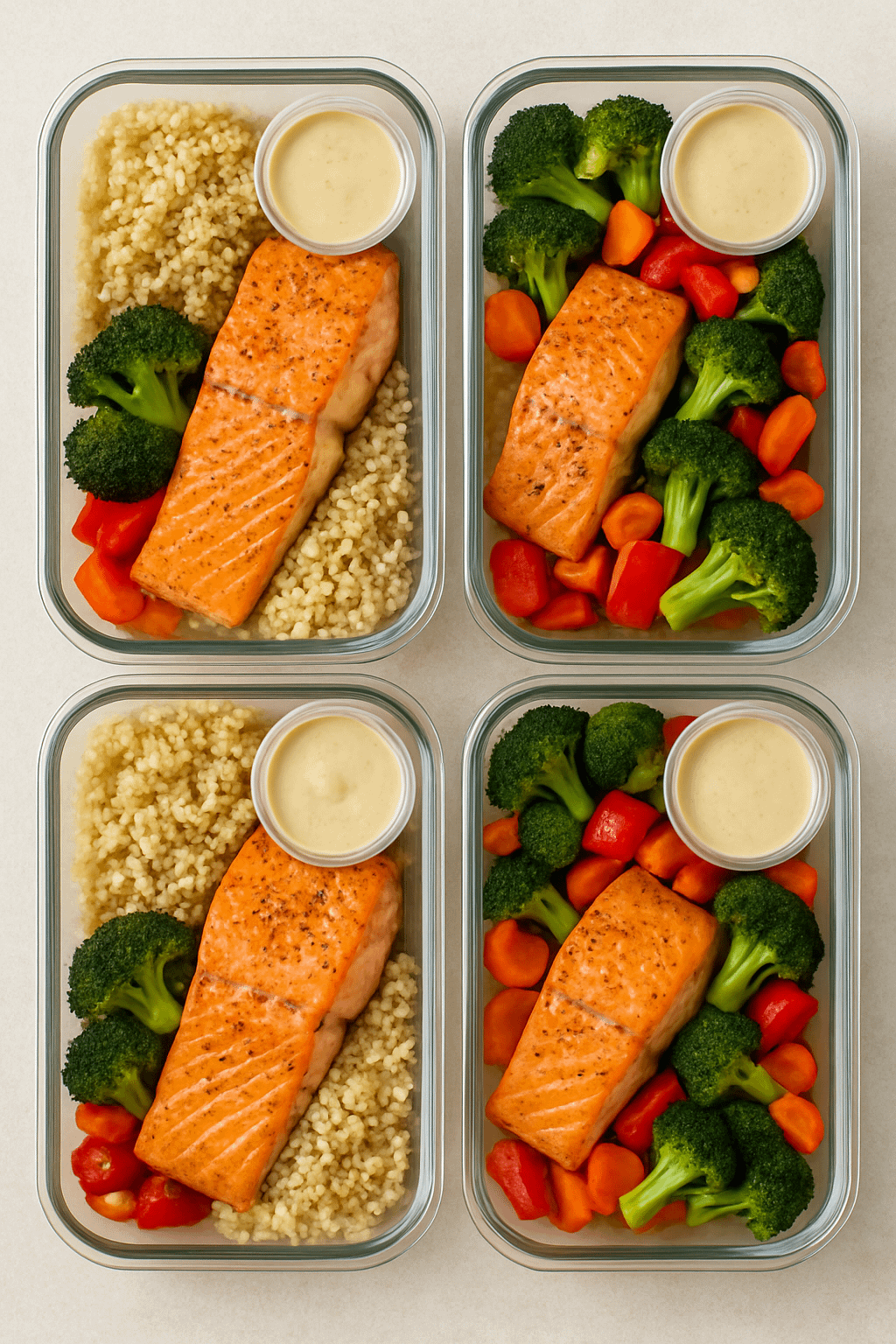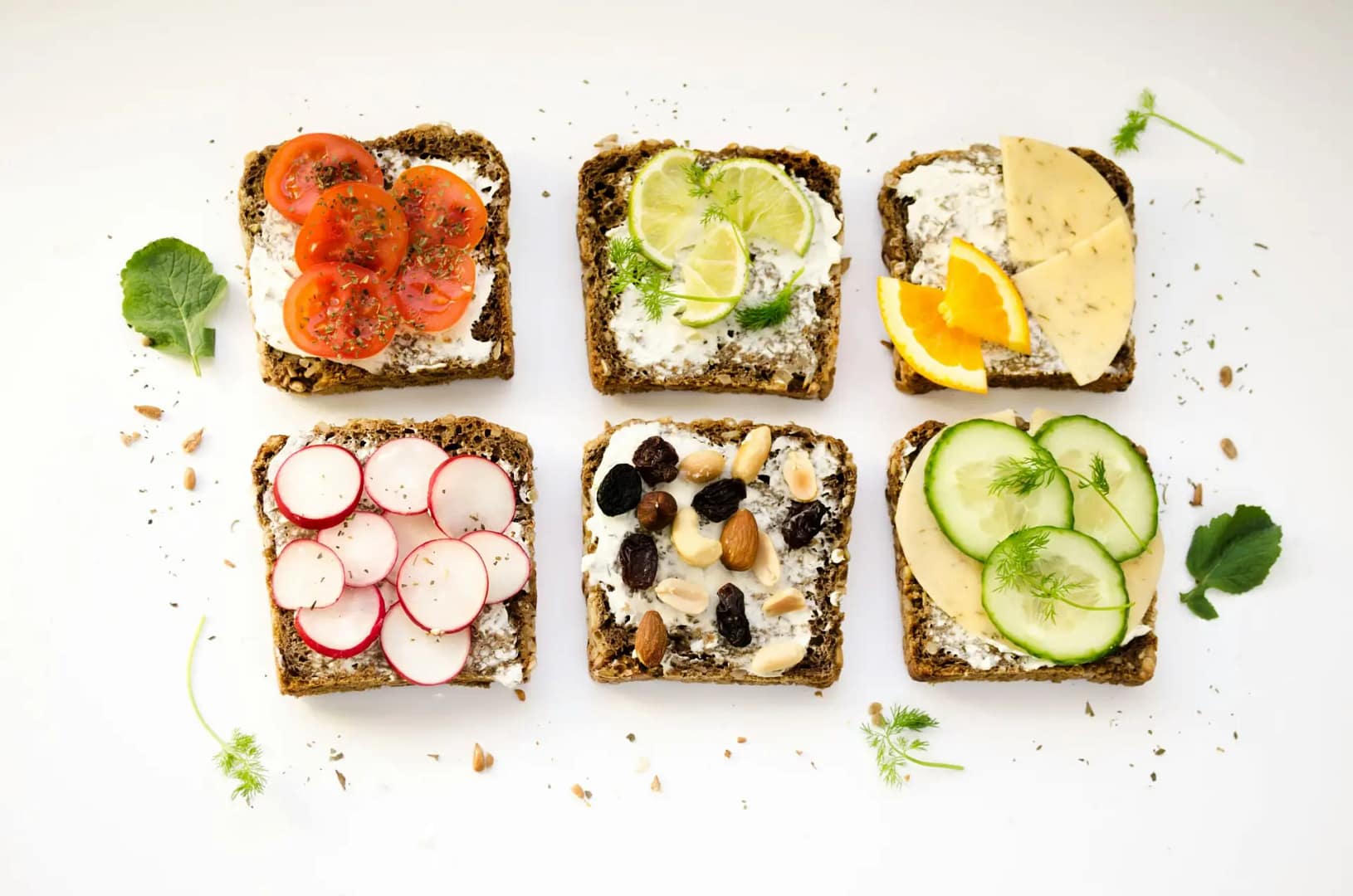The Ultimate Guide to Clean Eating: What It Really Means & How to Start
No juice cleanses. No restrictive rules. Just real food, real science, and real results. Discover what clean eating actually means — and how to make it work for your life.
⚡ Key Benefit: Clean eating can boost energy by 40% and reduce inflammation markers by 30% (JAMA Network, 2021). Start with one change today!

What Is Clean Eating, Really?
Clean eating is a flexible, sustainable nutrition style focused on whole, minimally processed foods. It’s about eating more of what nourishes you and less of what drains your energy.
Core principles:
- Focus on whole foods: vegetables, fruits, legumes, whole grains, lean proteins
- Minimize ultra-processed ingredients: additives, refined sugars, and industrial seed oils
- Cook more at home: Control your ingredients, flavors, and portions
- Hydrate well and eat mindfully: Listen to your body’s hunger/fullness cues
Why Clean Eating Matters (Science-Backed)
Research consistently links whole-food diets with improved energy, digestion, mood, and long-term disease prevention. A 2021 study in JAMA Network showed that diets rich in fiber, polyphenols, and healthy fats correlate with:
- 30% lower inflammation markers
- 40% reduced risk of metabolic syndrome
- Improved gut microbiome diversity

How to Start Clean Eating (Without Overwhelm)
- Audit Your Pantry: Replace heavily processed snacks and sauces with whole food alternatives.
- Build Balanced Plates: Follow the 50/25/25 rule — 50% veggies, 25% protein, 25% carbs, plus healthy fats.
- Cook Simple Meals: Use herbs, citrus, garlic, and olive oil for flavor instead of bottled sauces.
- Plan 2–3 Go-To Meals: Having “easy wins” (like sheet-pan dinners) helps maintain consistency.
- Read Labels: Choose products with ≤5 recognizable ingredients and no hidden sugars.
Sample Clean Eating Day Plan
- Breakfast: Protein smoothie with spinach, berries, flax, and almond butter
- Snack: Greek yogurt with chia seeds and walnuts
- Lunch: Quinoa bowl with grilled veggies, chickpeas, and tahini dressing
- Snack: Apple slices with almond butter
- Dinner: Baked salmon with roasted sweet potatoes and sautéed greens
📌 Pro Tip: Batch-cook grains/proteins on Sundays. Store in glass containers for easy assembly.
Meal Prep Tips That Make It Easy
Consistency doesn’t require perfection. Try these strategies:
- Roast a tray of veggies (cauliflower, carrots, bell peppers) to add to meals all week
- Cook 2 cups of quinoa or brown rice for quick bases
- Hard-boil a dozen eggs for instant protein
- Keep healthy fats handy (avocados, tahini, olive oil) to elevate any meal

Common Clean Eating Mistakes to Avoid
- All-or-nothing thinking: 80/20 consistency beats perfection.
- Cutting entire food groups: Unless medically necessary, variety prevents nutrient gaps.
- Falling for “health-washing”: “Organic” cookies are still cookies — prioritize nutrient density.
- Ignoring enjoyment: Food should taste good! Use herbs, spices, and quality ingredients.
Tools to Support Your Clean Eating Journey
Recommended products (Disclosure: Affiliate links support our research):
- ✔️ Glass Meal Prep Containers (Amazon) – BPA-free and stackable
- ✔️ Veggie Spiralizer (Amazon) – For zucchini noodles and veggie ribbons
- ✔️ Herb Keeper (Amazon) – Extends freshness of cilantro, parsley, etc.
Further Reading
- 🔗 Healthy Snacks for Energy & Focus
- 🔗 Sustainable Energy Through Nutrition
- 🔗 Superfoods That Actually Work
📬 Want more evidence-based nutrition guides? Subscribe to our newsletter →
📸 Follow @FitWisePRO for daily meal ideas!
💬 Final Thought: Clean eating isn’t a diet — it’s a toolkit. Start with one change (like swapping processed snacks for whole foods) and build from there. Your body will thank you.


